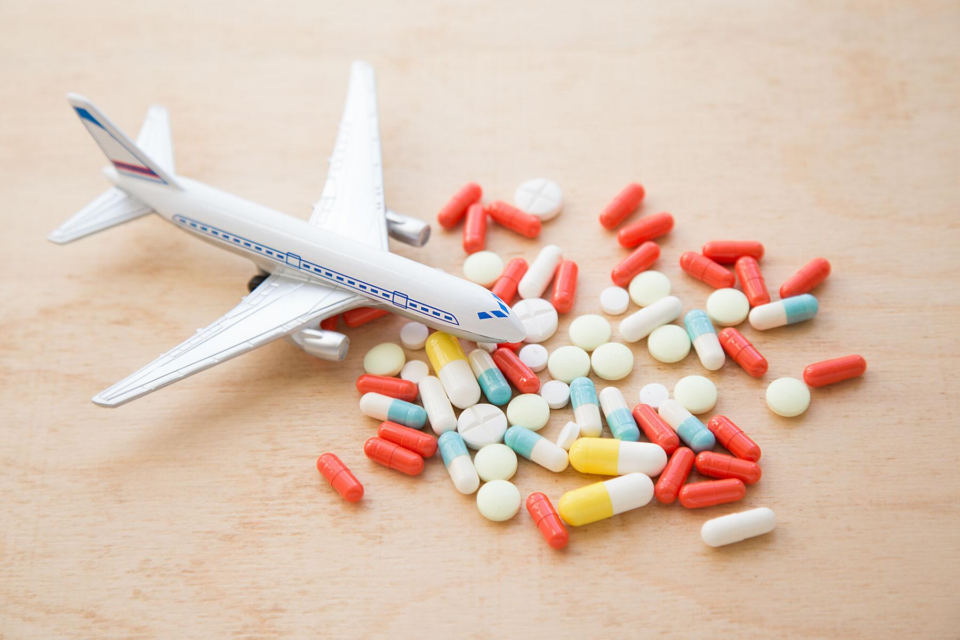It’s always a good idea for passengers to keep medicine in their carry-on bag, but even that doesn’t guarantee they’ll get to their final destination with all their prescriptions.
According to a January survey of 1,245 Americans from BuzzRx, a prescription discounting service, one in 10 Americans have had their medicine confiscated while travelling, either by the Transportation Security Administration or by border officers abroad.
“Before travelling, it’s imperative to research the destination, especially if travelling internationally, about what their medication requirements are,” Ricardo Rodriguez, a member of BuzzRx’s data team, told USA TODAY.
Rodriguez explained that some U.S. medications are not approved in other countries, which could make travelling with them complicated. “Discussing the issue with your provider will probably be the best thing to do.”
Medicine is almost equally likely to be confiscated on domestic trips, with 41% of respondents saying it has happened to them, as on international trips, with 44% of respondents saying they’d experienced it.
For domestic trips, the TSA recommends keeping your prescriptions in their original, marked containers. TSA regulations allow travelers to bring more than 3.4 ounces, the usual limit for liquids, if their medicine comes in liquid form.
Data from BuzzRx shows that one in nine travelers have had to cancel their trip after having medicine confiscated at the airport, and one in six have been able to replace their meds but had to pay full price for the prescription.
More than 50% of the respondents to BuzzRx’s survey said having their medicine increased their stress and anxiety around a trip, and 18% said it forced them to cancel some trip activities.
Anxiety medication was the most common type to be confiscated, followed by sleep aids and over-the-counter remedies.
Rodriguez said travelers should reach out to their doctor to see about getting confiscated medicine replaced, or consider seeking help from a consulate or embassy if the issue happens abroad.
Zach Wichter is a travel reporter based in New York. You can reach him at [email protected]

